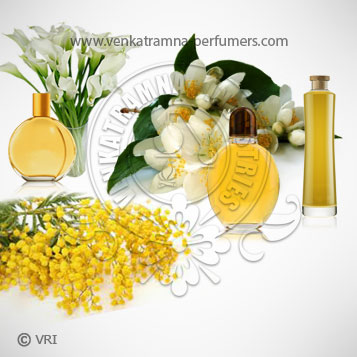
| Botanical Name | Ocimum Basillicum |
| Common Name | Tulsi |
| Country of Origin | India |
| Solubility | Insoluble in water, soluble in alcohol and oils |
| Specific Gravity | 0.940 – 0.950 @ 25 C |
| Optical Rotation | -14.0 – -5.0 @ 20°C |
| Refrective Index | 1.5000 – 1.5090 |
| PlantPart | Leaves |
| Bland With | Lavender, Bergamot, Clary Sage and Geranium . |
| CAS No | 84775-71-3 |
| Flash Point | 167 °F |
| Extraction Method | Steam Distilled |
ndian basil (Ocimum tenuiflorum), also called sacred basil, belongs to the mint family, as does the sweet basil more commonly found in America. This cultivar differs slightly in both taste and appearance from sweet basil. The leaves are smaller and have a strong liquorish taste and aroma. Known as tulsi in India, it is not used as a culinary herb, but is thought to have great medicinal value and is used to treat a wide variety of illnesses.
In Greek its name means 'royal remedy' or 'king'. In the 16th century, powdered basil was used to treat migraines and chest infections. There are many rituals and beliefs associated with basil, which is native to Africa and Asia. The ancient Egyptians believed that it would open the gates of heaven to a dying person, and the Hindus use Basil sprigs to protect the dead from evil while in transition between lives. Western European lore sometimes claimed that it was a symbol of evil, while the Eastern Orthodox Church used it in the making of holy water
Color : pale greenish yellow in color with sweet, spicy, herbaceous odor,
Aroma : Basil Oil is very famous for its sweet flavor and aroma
Linalol, Methyl Chavicol, Eugenol, Limonene, Citronella
This is used to prepare Indian, Vietnam, Cambodia, Italian, Southeast Asian Thailand and Laos cuisines. In is also used for indigestion, stress, sinusitis, insect bites, anxiety, bacterial infections, headache, muscle relaxation, depression, panic attacks, hair loss, insomnia, menstrual cramps and so on